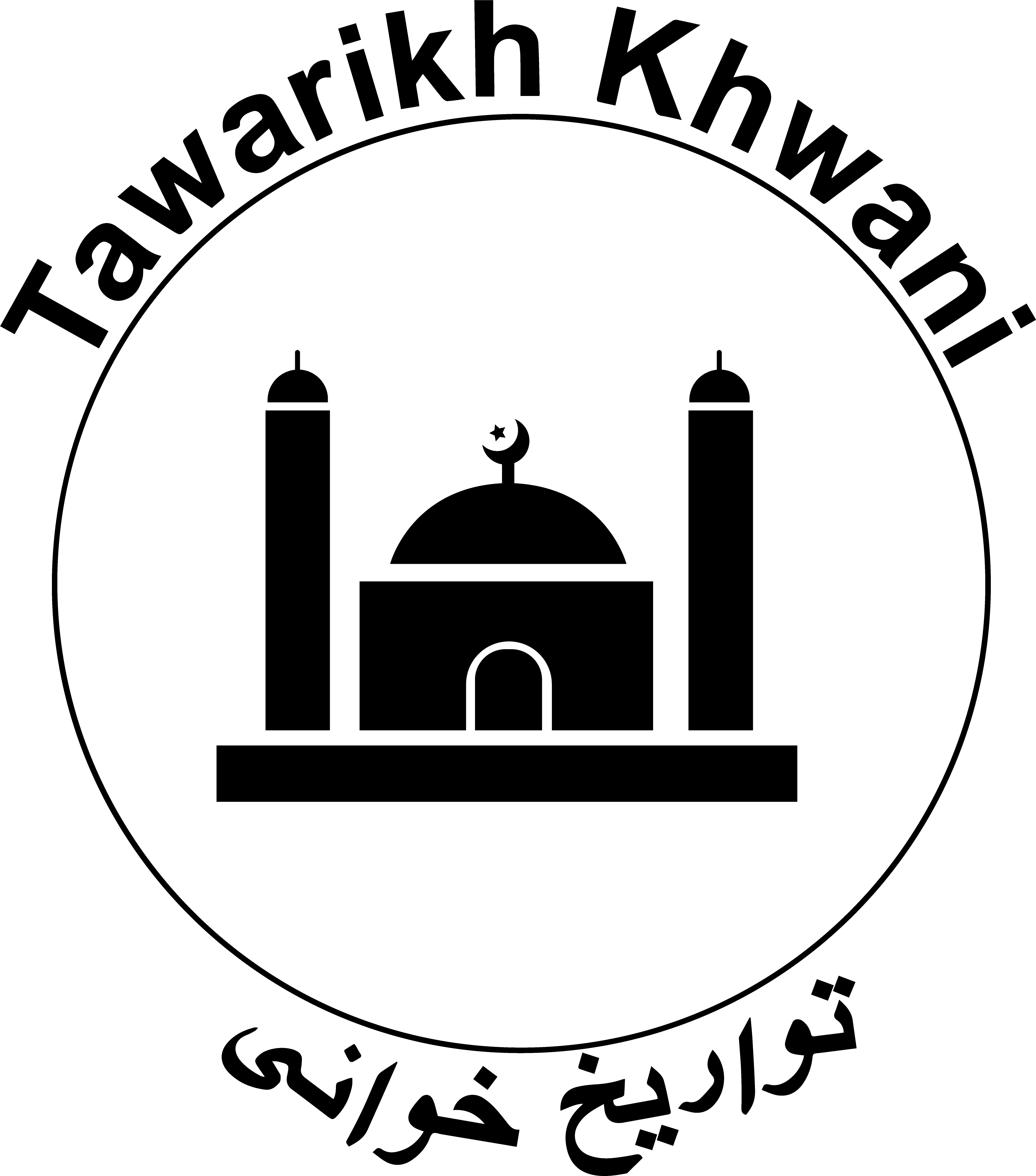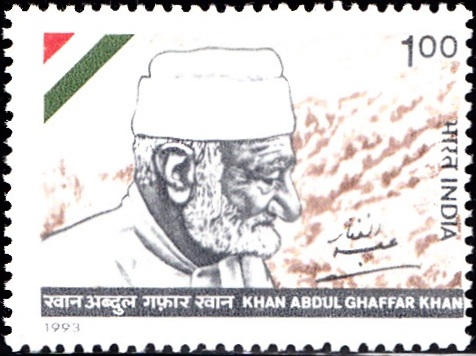
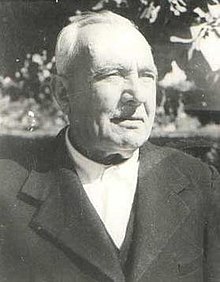
Khan Abdul Jabbar Khan 
Frontier Gandhi with Mahatma Gandhi, 1940 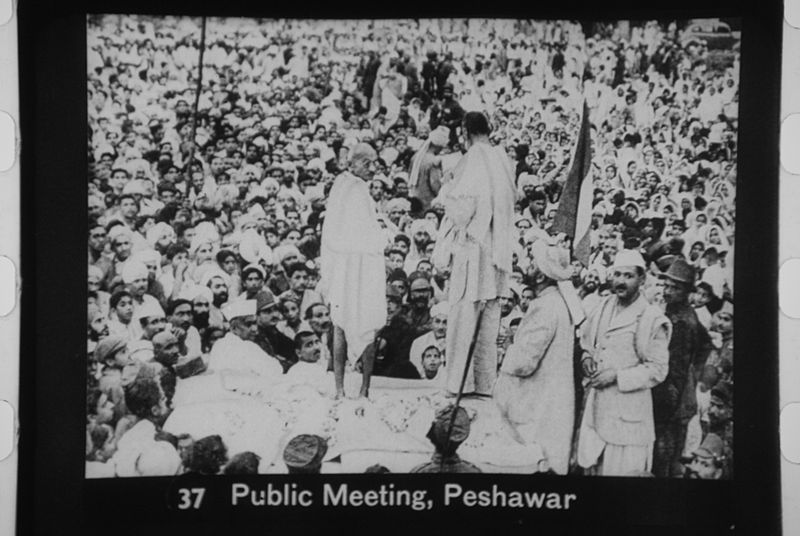
Gandhi Ji with Khan Abdul Ghaffar Khan, Peshawar, 1938
Islam is “Amal, Yaqeen & Muhabbat” that literally means work, faith & love, this is how great freedom fighter of Indian freedom movement & social worker, Khan Abdul Ghaffar Khan perceived the values from his religion. Born on 06th February, 1890 at Utmanzai area of Peshawar district. His father Bahram Khan belonged to Muhammad Zai tribe of Pashtuns & was an influential landlord of the region. As visionary father, he was keen towards the modern education of his children. First, he send his eldest son, Khan Abdul Jabbar Khan (b1883) at Edward mission school, Peshawar. He later pursued medicine from Grant Medical College, Bombay & went to UK for advance studies in medicine. Khan Abdul Ghaffar Khan was also send to same missionary school from where he completed his matriculation.
From the age of twenty, he dedicated himself for the cause of social welfare. Initially he started schools for the community members all across KPK. It was his deeds towards the social welfare of his community that gave him a nickname of Bacha Khan (King of Chiefs). In 1921, he started Afghan Reform Society & in 1927, a political magazine Pashtun was started by him. Khudai Khidmatgar movement, aka as Red shirt movement was started by him against colonial oppression. With core beliefs of non-violence, hundreds of the thousands God servants comprised of Muslims, Christians, Hindus & Buddhist.
It was in 1928; he first met Gandhi Ji & became his one of closest aide. Working on the common vision of Independent & secular India, Khan echoed the values of non-violence by citing Quran. Their association & work became so interconnected that his friend Amir Chand Bonwal gave him a title of Frontier Gandhi. On 23rd April Bacha Khan was arrested due to his protest in satyagrah movement. A non-violent protest against his arrest was organized by Khudai Khidmatgars at Qissa Khwani Bazar in Peshawar. The British retaliated with bullets resulted in the killings of 250 protestors. He remained as a member of Congress working committee & till the last moment, he opposed the plan of Partition. Deeply anguished & disturbed with the final agreement of partition, he said to congress, “You have thrown us to the wolves”.
The Holy Prophet Mohammed came into this world and taught us ‘That man is a Muslim who never hurts anyone by word or deed, but who works for the benefit and happiness of God’s creatures.’ Belief in God is to love one’s fellow men.” – Khan Abdul Ghaffar Khan
One of the slogans for his Khudai Khidmatgars
He then pushed a demand of independent Pashtunistan but didn’t get approval from British rulers. In the new state of Pakistan, he was looked with suspicions. From 1948, he spends six years of imprisonment. His brother Dr. Khan Abdul Jabbar Khan was assassinated in 1958. From then, he again rearrested. In 1964, he was released & left for Pakistan for treatment. In 1969, he attended Gandhi Ji birth centenary as the special guest. Also received Jawaharlal Nehru Award for international understanding by VV Giri. Film division of India covered those moments in a documentary made in 1983. He again visited India in 1987 due to ill health & undergoes treatment at Mumbai & Delhi (AIIMS). This time he was awarded with Bharat Ratna, the highest civilian award in India. In 1988, he was arrested again due to the protest against the construction of KalaBagh Dam as it has major climatic impact on Peshawar Valley. The emissary peace passed away in 1988 under house arrest at Peshawar. Then Indian prime minister went to Peshawar to offer their tribute to frontier Gandhi. On his will, he was buried at Jalalbad, Afghanistan. In 1993, India issued a postal Stamp in honor of its great Pashtun freedom fighter. A documentary titled The Frontier Gandhi, a torch for peace was made in 2008 by TC Mcluha. A market in Delhi build for the refugees in 1951 was named after his elder brother Dr. Khan Abdul Jabbar Khan as Khan market.
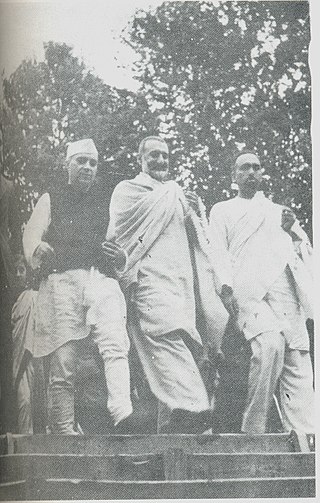
Nehru, Bacha Khan & Sheikh Abdullah, c 1945 
Pandit Amir Chad Bombwal C 1945 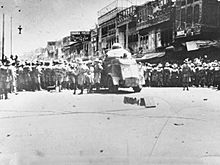
Qissakhwani Bazar Massacre, 1930 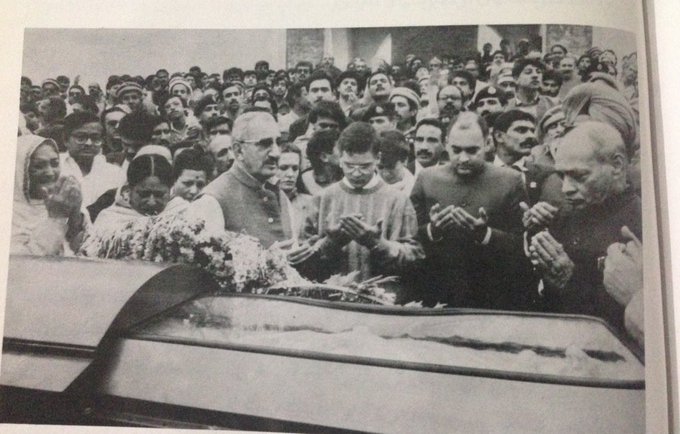
Rajiv Gandi attended funeral of Bacha Khan, 1988 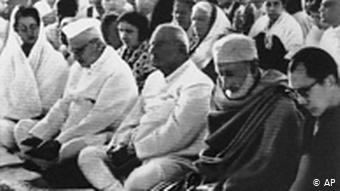
Bacha Khan at Gandhi JI birth centenary, C 1969
An endeavor to revisit the stories centered around history, culture, Sufism & food
